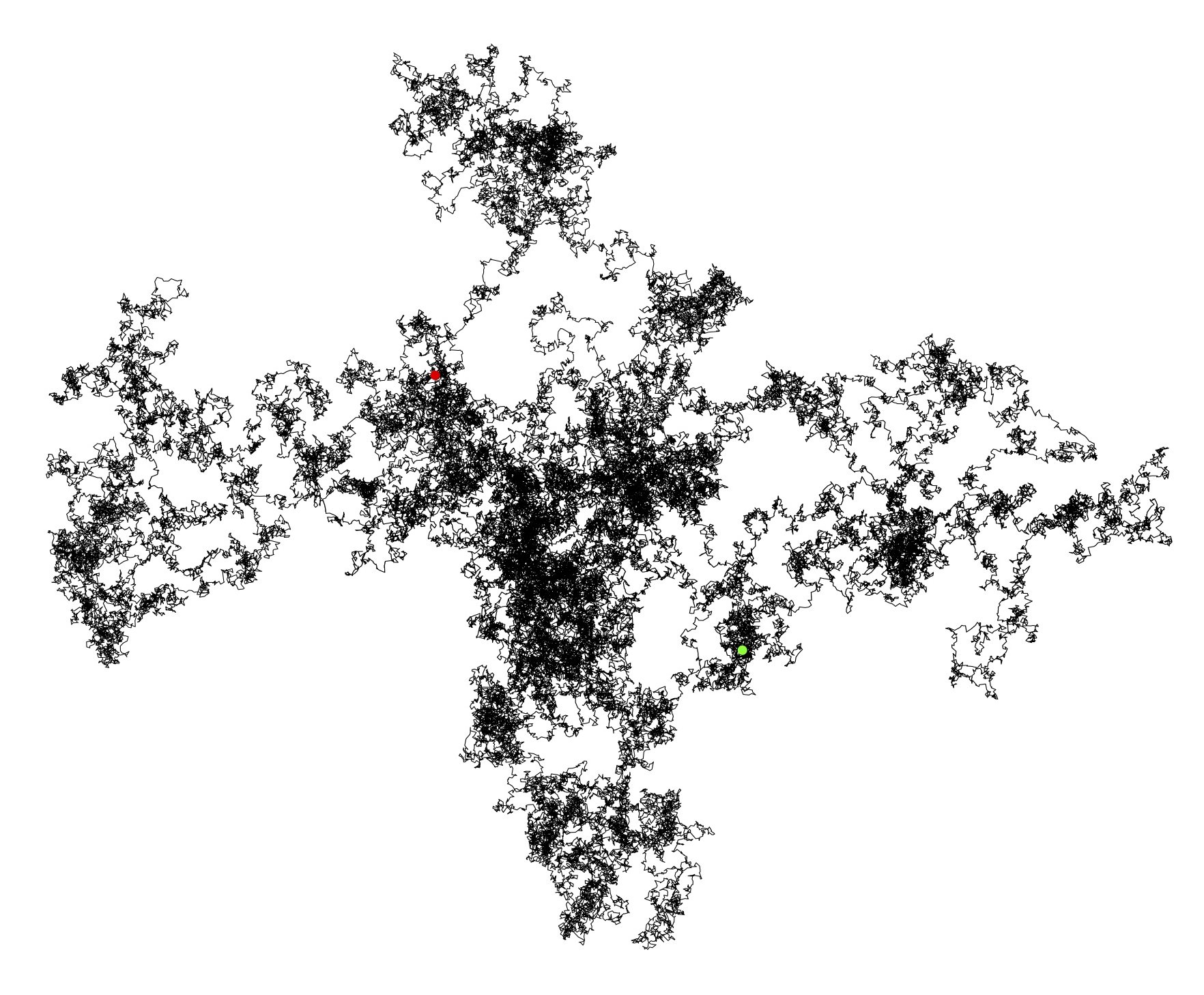Research
Our mission is to identify the mechanisms of cognition by developing and applying new neural technologies.
Inference-based decision making
Many real-world problems cannot be solved by trial-and-error learning alone. As a consequence, humans and other animals have evolved the capacity to make decisions based on inference. This ability to combine past experiences to make predictions about future events serves as the basis of higher level cognition. Our goal is to identify the neural circuits involved in inference-based decision making using rats as a model system.
Mental simulations
What is a thought? One hypothesis is that thoughts are mental simulations performed by the central nervous system. These simulations enable us to perform mental trial and error, allowing the brain to evaluate the consequences of future actions. We are interested in the neurobiological nature of these simulations, how they are produced, and how they are altered by mental illnesses, such as schizophrenia and autism.
Adult neurogenesis
Most mammals, including humans, have a limited capacity for nervous system regeneration. However, other species, including many birds and reptiles, have the ability to generate new neurons throughout their lifetime. We are interested in why only some species add new neurons to their brain and how we can promote neurogenesis in humans to augment healing and enhance cognition.
Research Videos
Learn more about our work through these videos, which are designed for a general audience.
Ben gives a lecture on his research at the 2016 Allen Institute Showcase Symposium. 35 minutes
Ben and Stephan present our latest imaging technology: cScope. 3 minutes


